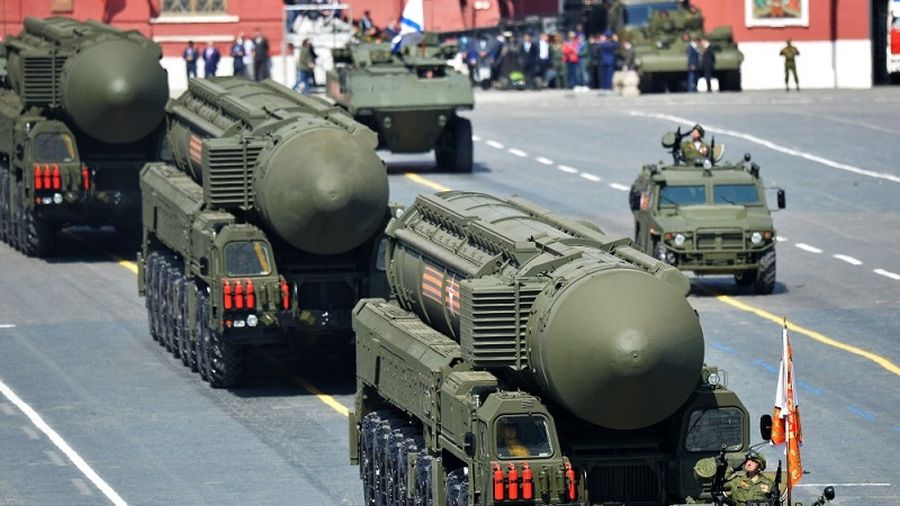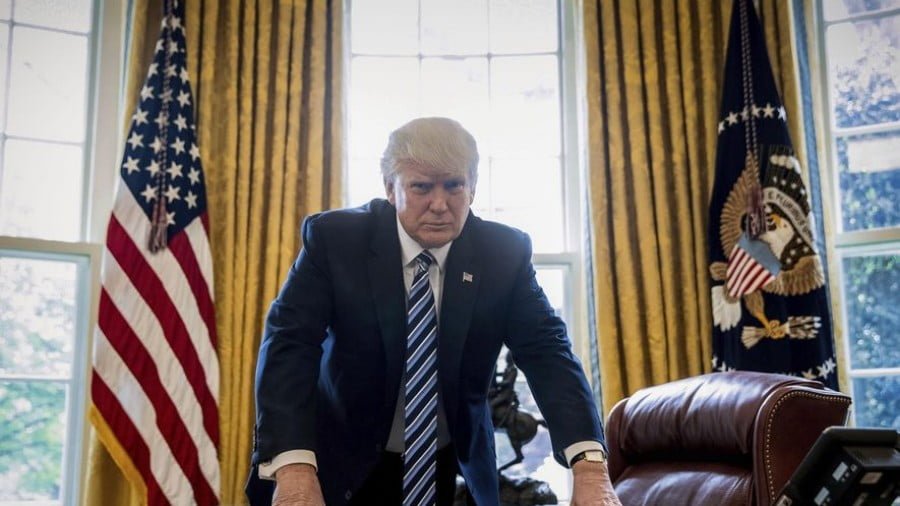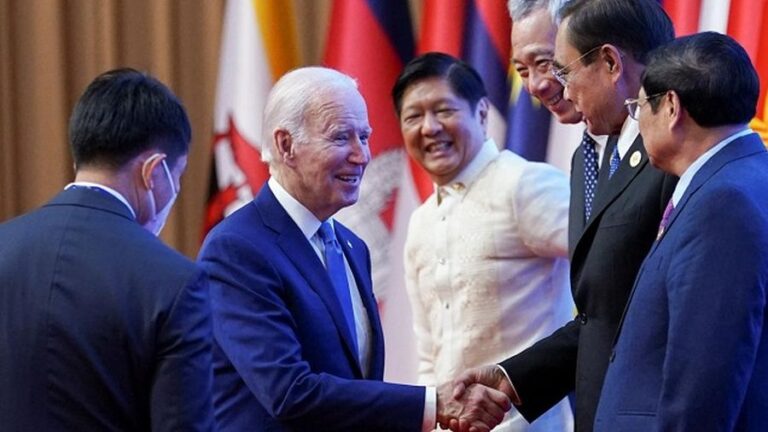Lukashenko’s Russian Nuke Proposal Should Prompt NATO to Finally Pay Attention
Lukashenko’s proposal should hopefully prompt NATO to finally pay attention to Russia’s legitimate security concerns. The bloc cannot continue expanding eastward in violation of the oral obligations that it made to Moscow at the end of the Old Cold War not to advance past the then-recently reunified German frontier.
Belarusian President Lukashenko earlier said that he’d allow Russia to place nuclear weapons on his country’s territory if NATO moved their own into Poland or elsewhere near his state’s borders. Russian Foreign Minister Lavrov elaborated that this was said in reaction to the West’s “reckless policy” of countenancing the placement of such strategic arms in that part of Europe. This isn’t mere speculation either but was suggested by NATO Secretary General Stoltenberg in response to the possibility of Germany’s new coalition government requesting that the American ones that it currently hosts be withdrawn. Russian Deputy Foreign Minister Ryabkov added that “our Western colleagues should stop and think of their own actions” after the security scandal that Stoltenberg provoked.
Lukashenko’s proposal should hopefully prompt NATO to finally pay attention to Russia’s legitimate security concerns. The bloc cannot continue expanding eastward in violation of the oral obligations that it made to Moscow at the end of the Old Cold War not to advance past the then-recently reunified German frontier. President Putin, being the constructive and pragmatic leader that he is, suggested that some kind of deal might be brokered with NATO sometime in the future in order to ensure this. His announcement is consistent with the author’s prediction that the upcoming Biden-Putin Summit (which will most likely be a virtual one) will largely focus on Eastern Europe. It would also align with both Great Power’s ongoing efforts to responsibly regulate their rivalry, which began during last summer’s summit.
The greatest challenge in this respect is the subversive role being played by Poland, Ukraine, and the Baltic States. These five countries feel that their interests are being “sacrificed” for the sake of reaching a “new normal” between Russia and the US-led West. As evidence of this, they point to the US’ waiver of most Nord Stream II sanctions earlier in the year and what they claim is the comparatively blind eye that Washington is turning towards what they describe as Moscow’s so-called “hybrid warfare” against them through the ongoing Eastern European Migrant Crisis. It must be remembered, however, that Nord Stream II is a completely apolitical energy project while the second-mentioned issue owes its origins to the US-led West’s wars against majority-Muslim countries and its anti-Belarusian sanctions.
Coupled with Kiev’s false fearmongering about a supposedly inevitable “Russian invasion”, which is being amplified by those anti-Russian elements of the American “deep state” (permanent military, intelligence, and diplomatic bureaucracies) which also want to sabotage any incipient Russian-US rapprochement, the end effect has been that tensions have unprecedentedly spiked in the region. While it’s extremely unlikely that Russia will initiate any hostilities in Ukraine, it’s much more probable that Kiev might be encouraged by anti-Russian US “deep state” elements and its regional partners to launch an “Operation Storm”-like ethnic cleansing campaign in Donbass in order to prompt a Russian response.
“Chaos In Eastern Europe Doesn’t Serve Putin’s Interests Unlike What CNN Claims”, the author noted late last month, yet there’s no denying that there are powerful forces that are manipulating perceptions in order to make it seem otherwise as part of their subversive goal that was just described. These same forces would like nothing more than for the US to transfer its nukes from Germany to Poland in order to indefinitely put an end to Washington’s ongoing negotiations with Moscow aimed at responsibly regulating their rivalry. Should Poland and its regional allies succeed in exacerbating regional tensions to the point of provoking another Russian-US crisis, then the strategic situation will worsen for everyone.
By contrast, if they fail in their respective efforts, then the strategic situation will improve for everyone. This includes those five countries too, which are regrettably too blinded by delusions influenced by their “negative nationalism” vis-à-vis Russia to realize that everyone would be better off if Russia and the US agreed to a “new normal” for responsibly regulating their rivalry. It was against this increasingly tense context that Lukashenko proposed hosting Russian nukes in response to the possibility of Poland first doing the same with the US’. Ryabkov clarified that “We are not going in this direction”, yet Russia nevertheless could in theory should the worst-case scenario transpire. Hopefully NATO will finally pay attention to Russia’s legitimate security concerns after Lukashenko’s remark so that doesn’t happen.






